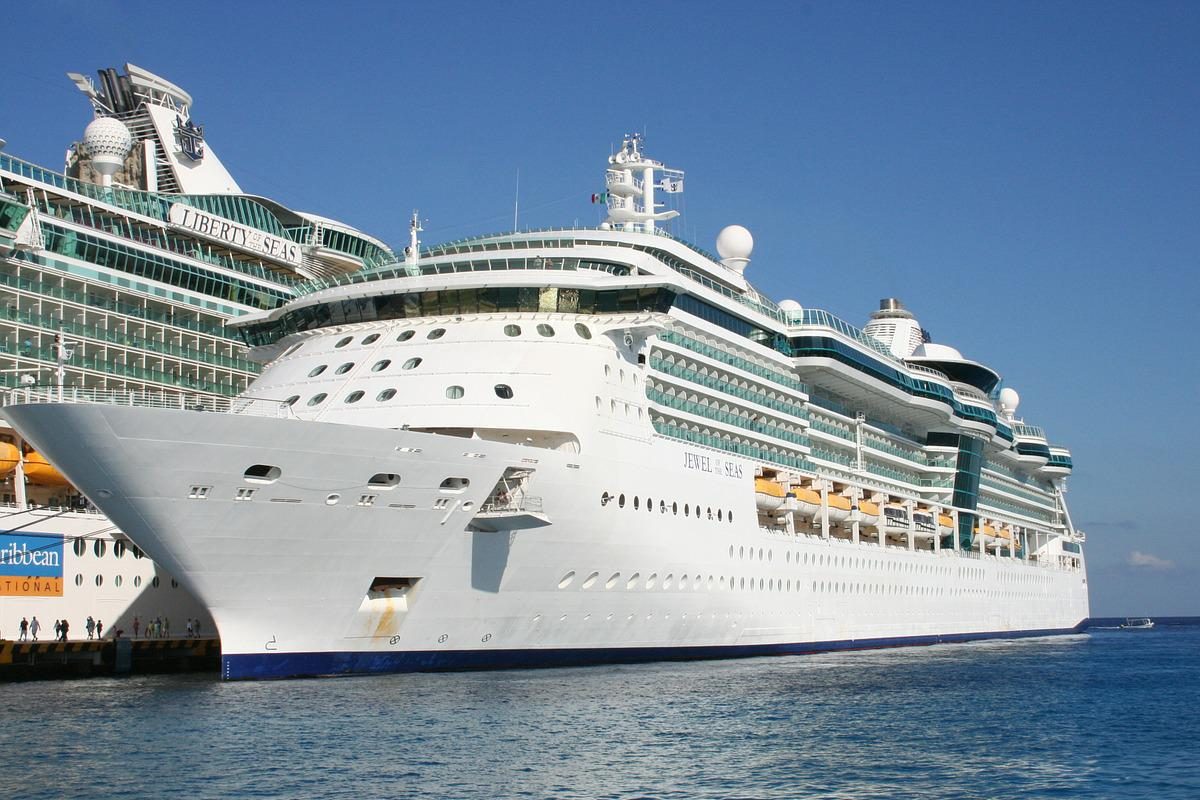Skift Take
Royal Caribbean — like its rivals in the cruise industry — has had a brutal last two years. But it can finally see a light at the end of tunnel in large part because it fully believes that consumers aren't deterred by rising prices.
Although travel companies have expressed concerns in recent weeks about inflation hitting their bottom lines and deterring consumers from resuming Covid-paused trips, The Royal Caribbean Group said on Thursday that it believes rising prices will not dent its recovery, even as it posted a wider than expected loss of $1.2 billion.
That’s welcome news for a company that over the last two years has been battered by, among other things, Covid outbreaks on board ships and having to cancel sailings due to Covid and its variants. The company, like its rivals in the cruise industry, saw its revenues take a significant beating during the pandemic.
“We are in a strong financial position,” said Royal Caribbean Group President and CEO Jason Liberty during the company’s first quarter earnings call on Thursday, citing booking activities and spend levels it’s seen recently. “We don’t see anything to date that would show that there’s some type of recession or recession fear that’s wearing on the consumer.”
Figures Royal Caribbean cited give credence to Liberty’s belief that fears of a recession aren’t putting consumers of travel. Booking volumes the company the recorded during the first quarter improved week-over-week and have been significantly higher than the same period in 2019. Roughly 90 percent of the company’s worldwide fleet — 54 out of 62 ships — was back in service by the end of the first quarter. Royal Caribbean plans to return the full fleet to operations before the start of this year’s summer season.
“Fortunately, you see the North American consumer (traveling in large numbers) and very much focusing on North American products, but very willing to go to Europe,” Liberty said.
One major market that hasn’t reopened for the cruise line is China, but Royal Caribbean International President and CEO Michael Bayley is still bullish on returning to the world’s most popular country.
“Our current thinking was that in 2023, we would be back in the China market,” Bayley said. “I’m not sure if that will come true or not. But we think that when the market opens up, we’ll be able to re-access the market and get back to business.”
While labor shortages have plagued travel companies in recent months, especially those in the hotel industry, Liberty said the company hasn’t had problems in that regard. But he did acknowledge that getting 75,000 employees back and running on its ships required a Herculean effort.
“I think because we wake up every day delivering the best vacations in the world, we tend to be more attractive than others in terms of attracting talent,” Liberty said.
However, despite its total revenue per passenger cruise day for the first quarter increasing 4 percent compared the same period in 2019, the Royal Caribbean Group did not record a profitable first quarter — losing $1.2 billion. But chief financial officer Naftali Holtz said it expects to be profitable in the second half of this year.
The Daily Newsletter
Our daily coverage of the global travel industry. Written by editors and analysts from across Skift’s brands.
Have a confidential tip for Skift? Get in touch
Tags: cruise industry, cruise lines, cruises, earnings, royal caribbean, royal caribbean cruises
Photo credit: A Royal lovelights / Pixabay
